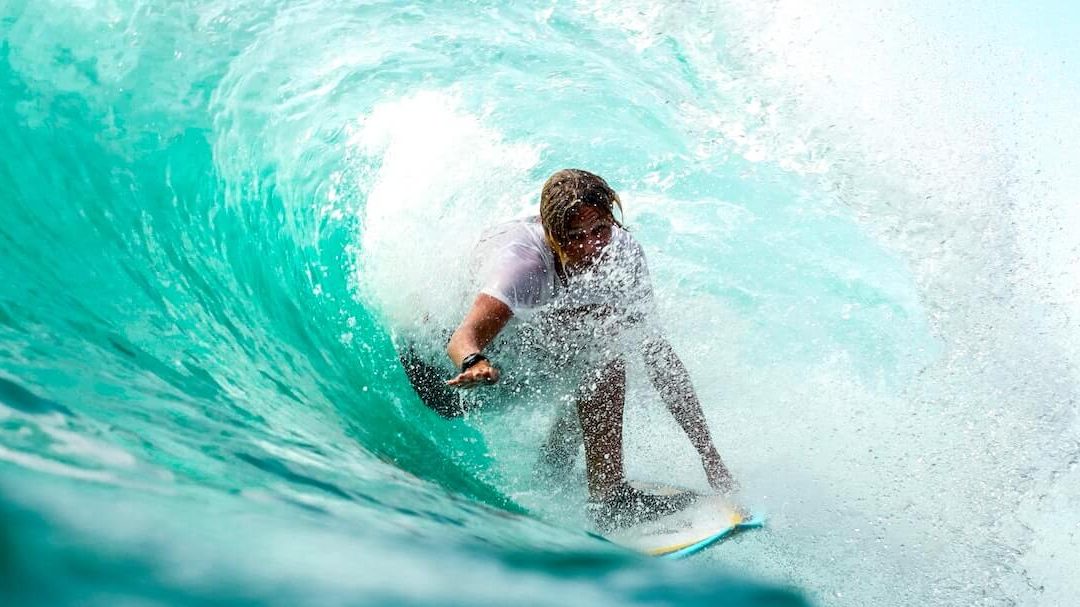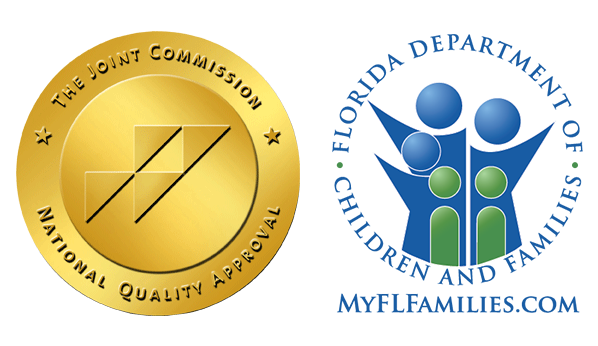If you’ve just left treatment and are starting out in early recovery, you might be worried about the impact it will have on your social life. Your old associates might still be using and drinking and seemingly enjoying it, and you’re bombarded with select snapshots of people “living their best lives” on social media. As you look around, it may feel like you’re missing out.
However, sobriety does not mean a bleak future where you have to put away your dancing shoes and hide yourself away from other young people every Friday night.
It does mean you might need to be more thoughtful about what you choose to do, but fun and recovery are not exclusive. In fact, they bolster each other, and you might find that you have more memorable experiences than you did while using. You no longer need to wake up with the anxiety-inducing dread of what you did last night in a blackout, and you don’t need to spend the week dealing with a comedown.
Avoid Old Haunts and Friends That Trigger Use
It’s essential to think before putting yourself in the same situations you were in when you were using. Your environment can be a potent catalyst for thoughts or feelings about those times – perhaps more so than you realize. Encountering triggers is part of everyone’s recovery process, but it’s wise not to tempt fate.
For example, if you previously indulged in your substance of choice in a bar or club setting, it is not suggested that you attend these places if you’re fresh out of rehab. There will always be other parties you can go to when you’re more established in sobriety.
Sober Interests
Substance use disorders can interfere with our memory and make it seem like the only thing we ever enjoyed was drinking or using drugs, but there were interests and hobbies you had or thought about that were nothing to do with substances. Recovery is a good time to revive old hobbies and activities you loved before addiction took the passion away or experiment with new ones. Sports, dancing, nature, volunteering, losing yourself in music, movies, books, art, or crafting are all interests that can be a joy to reconnect with – especially with a sober mind.
Fail to Prepare and Prepare to Fail
There will be times when you’re invited to an occasion where alcohol is present, like your best friend’s wedding reception or a night out to see your favorite band.
If you feel strong enough and want to attend, it shouldn’t be a problem for you to go, provided you have a plan. Some questions to ask yourself are:
- Can a sober friend come with you?
- Do you feel comfortable setting boundaries with any non-sober people you are going to have fun with?
- How will you disengage if you start to have cravings or think about use in an unhealthy way?
- Will it be easy to separate yourself in the event you run into someone who brings up old memories of use?
- Can you be open and trust the people around you for support if you need it?
Having an exit strategy is also a good idea – set the amount of time you are going to stay for, and stick to it. People tend not to be very inebriated during the day, so you could plan to leave by 8 pm.
Find a Supportive Circle
If you’re fresh out of rehab, you should be attending your recovery support groups regularly. These meetings are fundamental to recovery aftercare and will help you work through the challenge of building up an enjoyable social life in recovery with people with long-term sobriety. At the same time, your sober support system has the potential to offer you lifelong friends who truly understand the struggles you’re facing – reducing your chance of relapse and having your back when you need it.
Persevere even if you don’t feel an immediate spark of friendship with anyone in your support group. Meetings are a vital lifeline for people in recovery, and there are many to choose from. You might want to check out an app like Meetup to find sober events, gatherings, and nights out local to you from a social perspective. For those less digitally inclined, many cafes, bookshops, theatres, places of worship, and other venues organize sober events where you can connect with people on the same journey.
Give It Time
You’ve done the hard part already. Accepting that you had a problem and committing to addiction treatment were huge milestones in your recovery journey. However, recovery needs to be maintained and sadly, there isn’t a magical cure.
You can still have fun while continuing your recovery journey, and with time, you’ll develop strategies that help you cope with triggers, stress, and other difficult situations.
You don’t have to live life avoiding concerts, parties, and nights out forever, and when you can cope well, set and communicate limitations, and stay aware of your emotions in these settings, you’ll be good to go.
Keep checking in with sober support groups, engaging in ongoing therapy, and most importantly, reflecting and adapting the lessons you learn as you continue on your sober journey.












